In this blog post, we will discuss the lessons learned by Sara Harper and her team as a result of their Enterprise Application Modernization journey at UrbanBox.
At the beginning of UrbanBox’s digital transformation journey, Sara realized the significance of a data-driven enterprise. She successfully implemented the following aspects of the journey:
1. Data literacy and accessibility
To establish a data-driven culture in an organization, providing data literacy training to all employees is essential. At UrbanBox, Sara realized the need for such training and motivated her colleagues to get certified in Google’s enabling technology stack. This training equips employees with the skills and knowledge to understand and analyze data, enabling them to make informed decisions contributing to the organization’s overall success.
2. Data-driven decision-making
Organizations must recognize the value of data as a strategic asset and utilize it to make informed decisions. Sara wisely chose to pursue a Data Lakehouse strategy to include and unlock hidden data from all areas of business operations. Data provides valuable insights into customer needs and market trends and enables UbranBox to make informed decisions that drive business growth and innovation.
3. Operational efficiency and cost optimization:
Sara and her team discovered that UrbanBox could benefit greatly from data-driven insights to identify areas causing delays. By optimizing processes and reducing costs in their operations, they eliminated inefficiencies while obtaining valuable customer and market intelligence. To achieve this, they analyzed data on resource utilization, production workflows, and customer interactions. UrbanBox detected and resolved inefficiencies in shop floor operations and the warranty management process. Moreover, UrbanBox successfully implemented the composable enterprise principle by identifying business processes that could be more efficiently supported outside the core ERP system. This approach helped free up costly ERP licenses to support the company’s growth while still being integrated with the legacy system.
4. Personalized customer experiences
Companies can enhance customer satisfaction and loyalty by harnessing data to understand customer preferences and behaviors. The chatbot implemented at UrbanBox – combined with customer preferences collected via email and social media – quickly identified customers’ desire to visualize their selections. Sara’s team effectively addressed this desire by enabling the AI-driven generation of personalized multi-level container configuration images. By tailoring marketing campaigns, product information, and customer support interactions based on individual customer insights, UrbanBox strengthened customer relationships and drove business growth.
5. Innovation and market disruption
Data-driven innovation involves leveraging data to identify new market opportunities, develop disruptive products and services, and stay ahead of the competition. Companies can gain a competitive edge by analyzing market trends, customer needs, and emerging technologies and driving innovation in their respective industries. UrbanBox effectively used its Data Lakehouse and Google’s analytic capabilities with BigQuery and Looker to identify regional customer behavior and interest differences. The resulting regional product mix optimizations directly stimulated order volume and revenue growth.
6. Ethical and responsible data usage
Organizations have a responsibility to collect, use, and store data ethically and securely. This includes respecting individuals’ privacy, adhering to data protection regulations, and being transparent about data usage practices. Building privacy, security, compliance, and trust with customers and stakeholders to ensure sustainable business success is crucial in the data-driven era. Acutely aware of this requirement, Sara confidently forged ahead with Google’s SOC 2/3 and GDPR-compliant technologies.
7. Industry-specific considerations
Sara and her team showed how data can optimize and enhance sales, procurement, manufacturing, distribution, and finance-related processes. While there may be variations in the availability and complexity of data acquisition, data-driven decision-making is applicable across industries and processes.
By adopting these data-driven principles, organizations can embark on a successful digital transformation journey, enhance their decision-making processes, improve operational efficiency, and drive innovation for sustainable growth.
Are you wondering if Sara’s forward-thinking and strategic decisions can serve as
a model for the business challenges and opportunities that keep you occupied?
Contact us for a consultation or discovery workshop!



